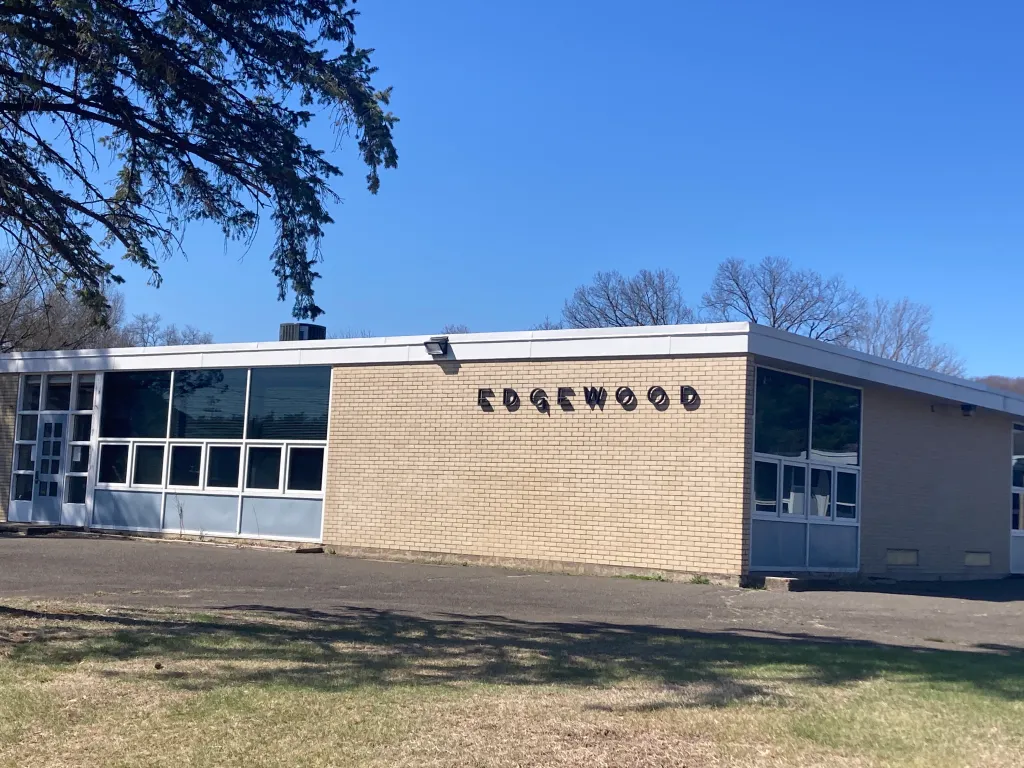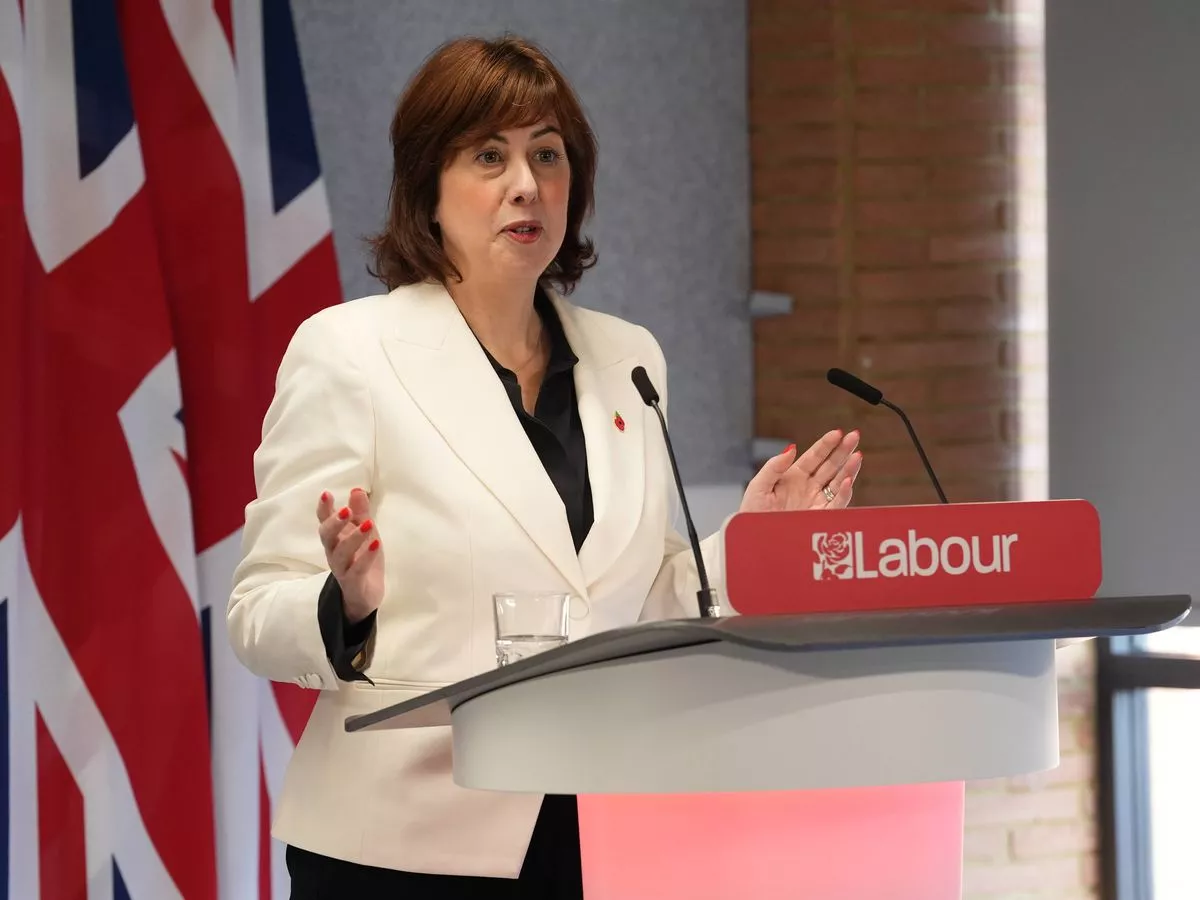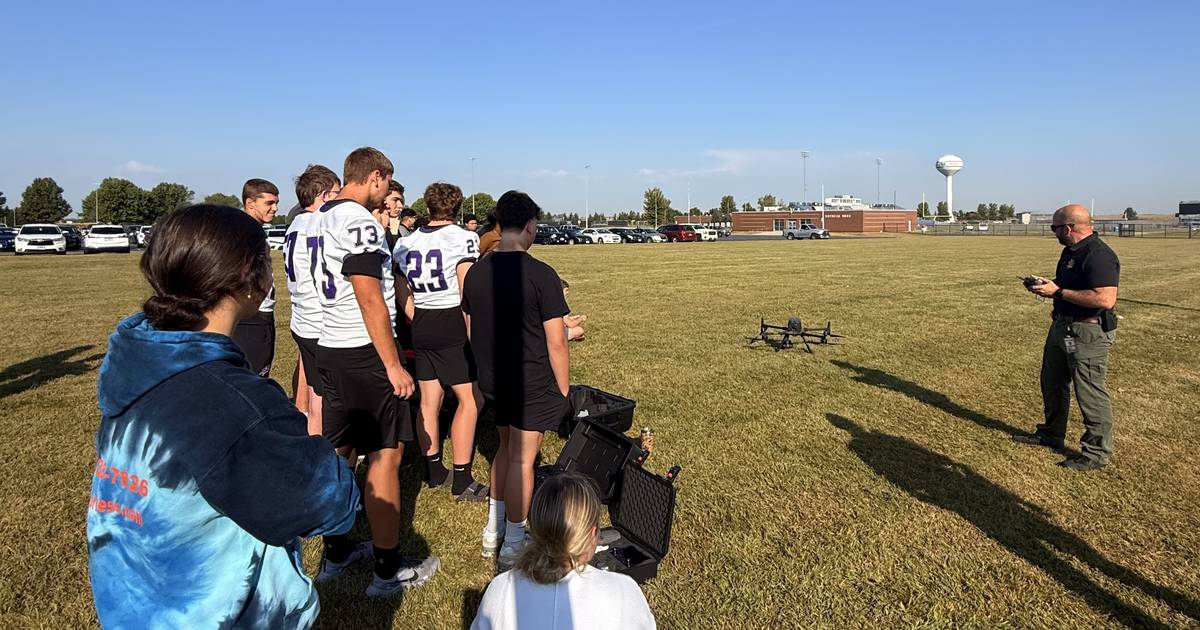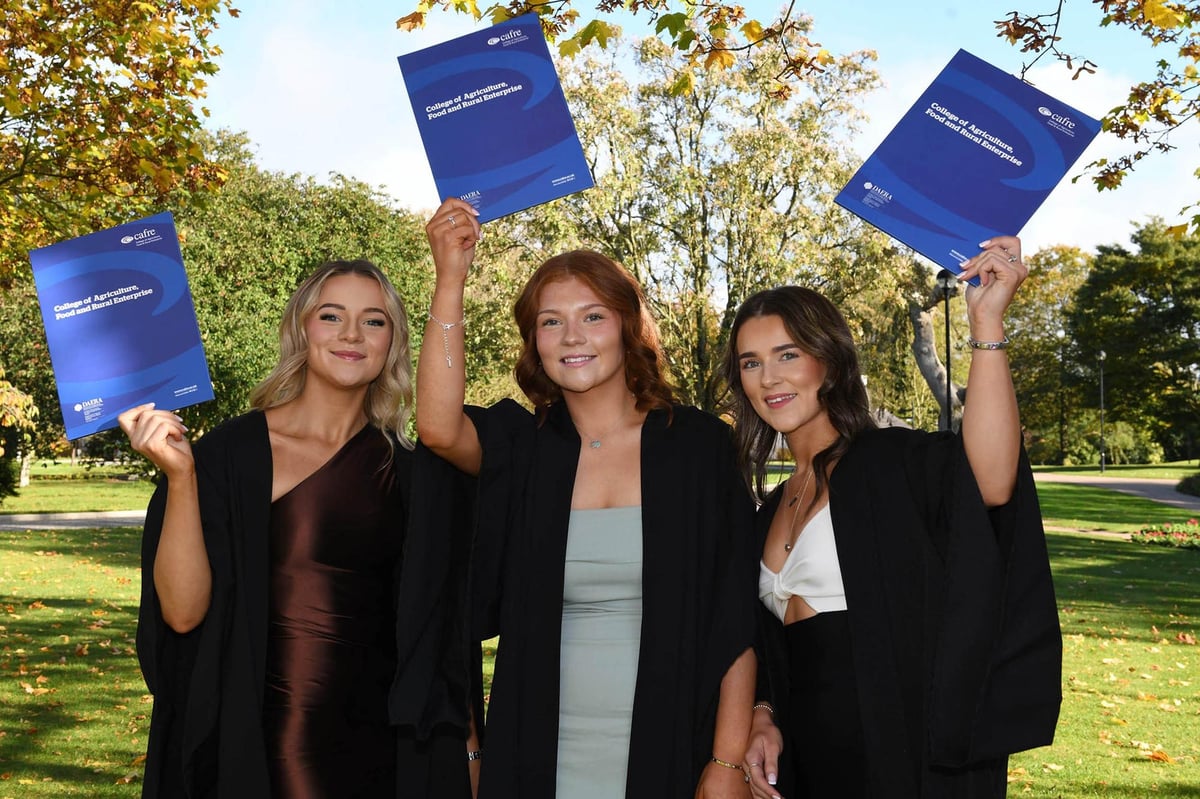Copyright Resilience
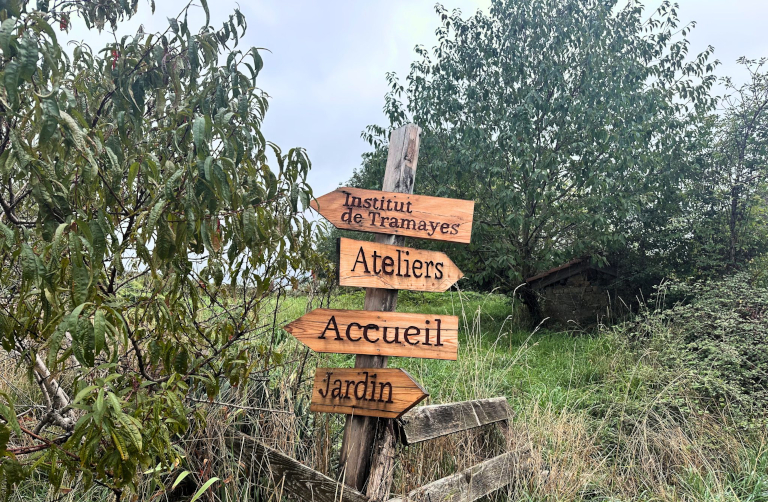
In the run-up to this November’s Rural Resilience Gathering, ARC2020’s Ashley Parsons and Thierry Lohr, local councillor for Plessé and one of the key initiators of a Université Paysanne in the municipality, took a trip to the village of Tramayes in southern Burgundy. Our destination was the Institut de Tramayes: a centre for learning by doing, that seeks to counteract the fragmentation of intellectual knowledge and manual know-how and cultivate “whole human beings”. This visit was more than a study trip, it was a moment to reflect on what it means to build a learning space that is rooted in rural realities and ambitions. What could we learn from Tramayes that could help build a University Paysanne in Plessé, and beyond? Report by Ashley Parsons. Co-founder Guillaume Moraël gives an overview of the Institut’s educational offerings. Photo: Ashley Parsons Building education, literally Operational but still in the making, the Institut de Tramayes sits on the grounds of the village’s former primary school, a block of three buildings in different phases of renovation. Guillaume Moraël, one of the founders and teachers guiding the project, explained how they prioritise the use of upcycled and local materials. It’s a choice that brings challenges: architects and suppliers are not always equipped to work outside conventional building norms, but this waste-not-want-not philosophy is important to the school’s core strategy for resilience and implantation. And in fact, how to renovate and create the centre itself is part of the learning process for both the students and those guiding the renovation. Students in the one-year programme take part in shaping the school: setting up spaces for farming, woodworking and metalworking, helping with the renovation of the buildings, and participating in decision-making processes that affect the site. Their education is hands-on, interdisciplinary, and shaped by collaboration with local experts. Any given day might find them changing in the mudroom after a farming session to prepare for their philosophy lectures; the students move between learning by doing and critical reflection. On-site, a carpenter, a metalworker, two fruit and vegetable growers, and a chef/caterer contribute not only their skills but their approach to embedded, place-based practice. The chef, Denis, builds his menus around what the garden provides, an everyday exercise in seasonal thinking and adaptation. Photo: Ashley Parsons A rural project that aims to stay rural Although few students were born in the region, the Institut does not seek to create a “neo-rural” enclave, i.e. renew the countryside by filling it with new people, new ideas. The ambition is more modest: a soft integration of the students into the surrounding territory. While the Institut is supported by the local municipality and regional councillors, the team is keenly aware of the social and political fabric of the place. This is a rural region with a conservative tradition, what Guillaume refers to as a “working-class” conservatism, shaped more by lived experience, that is distinctly rural, than by ideology. What does that look like for farmers? Guillaume explains to us that not many farmers here are associated with Confédération Paysanne, the French chapter of European Coordination Via Campesina; however, discontent with the dominant French farm union–the FNSEA–is tangible. And there is room for opportunity: average farm size here is around 100 hectares, big enough to reflect the broader pressures of the industrialised food system, small enough to feel those pressures intimately. When negotiating cropland for its student-run experimental gardens, the Institut is navigating this terrain with care and attention, working on long-term legitimacy rather than quick wins. Photo: Ashley Parsons The power of “seeing” We visited on a Tuesday, the school’s regular “portes ouvertes” (open day), when visitors can come to learn about the centre’s vision and method, and stay for a shared meal. On the menu: boeuf bourguignon, a homemade apple cake, and a lively post-lunch dishwashing session in the communal kitchen. What left the deepest impression, however, was not the food but the sense that things are still in motion. Buildings are still being renovated. The educational programme is still evolving. And students are playing a role in both. This makes the project feel accessible. Not perfect, but possible. For Thierry Lohr and the Plessé team, who are actively working to create their own Université Paysanne, the visit offered encouragement grounded in the real. Seeing how such a project takes shape, with its tensions, adaptations, and embeddedness, makes the task of launching a rural university feel a little less daunting. The Institut’s vegetable plots. Photo: Ashley Parsons Walking to digest After lunch, we took a walk through the village to digest what we’d seen. Tramayes was once a lively stopover between two river ports, home to 12 hotels before the arrival of the railroad shifted its fortunes. Today, the village forms a kind of horseshoe around a patchwork of gardens. The Institut’s own vegetable plots are just a short walk away, on the edge of town in a vale managed by the village. Crop rotation plans were designed by students, with support from a representative of Sativa organic seeds, who advised on varieties to plant in the proposed system. Some garden beds are also offered to local residents, particularly those wishing to grow crops that need more space than their own gardens allow, like potatoes, onions, and garlic. It’s a small but significant gesture of reciprocity, reminding us that rural learning projects can and should strengthen social ties beyond their institutional walls. Next year, these same residents (and others!) will be invited to join chef Denis in the centre’s large kitchen to cook their harvests together, try new recipes and share a moment of community. Photo: Ashley Parsons From Tramayes to Plessé After such an inspiring visit, the momentum can only build: the Institut de Tramayes will join us at the Gathering in Plessé in November. They’ll participate in our opening day, where we’ll collectively explore the question: What is a Université Paysanne? The answer is still forming, and that’s precisely the point. Institutions like the one in Tramayes aren’t templates to copy and paste. They are experiments, rooted in place, shaped by the people who live and work there, and always under construction. We’re grateful to have had the chance to visit, and even more grateful that this conversation will continue in Plessé. Interested in joining the Rural Caravan of Change in Plessé this year? Fill out an expression of interest and we’ll see if we can offer you a spot! Teaser image credit: Signpost pointing to the workshops, reception and gardens of Institut de Tramayes. Photo: Ashley Parsons
